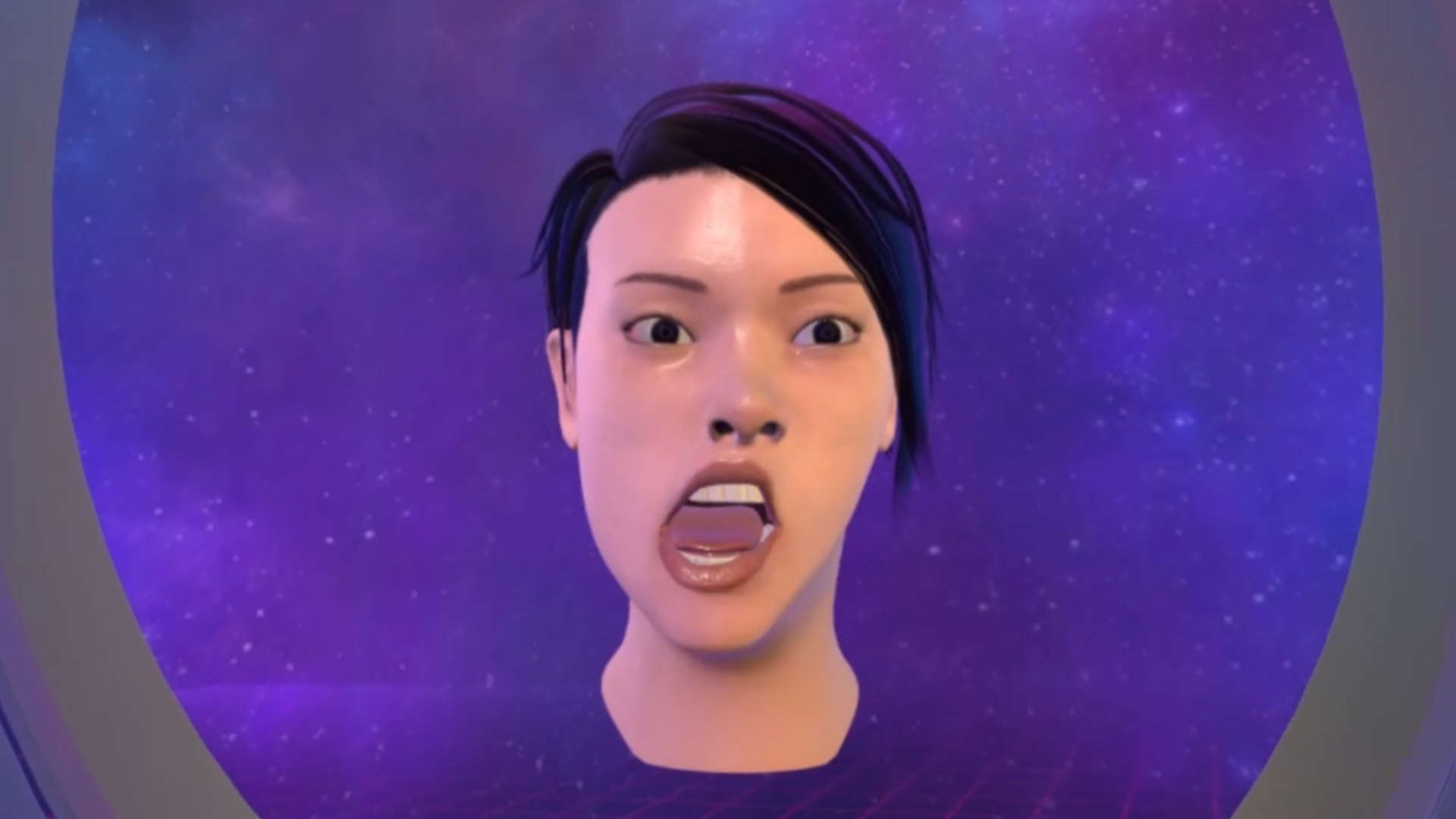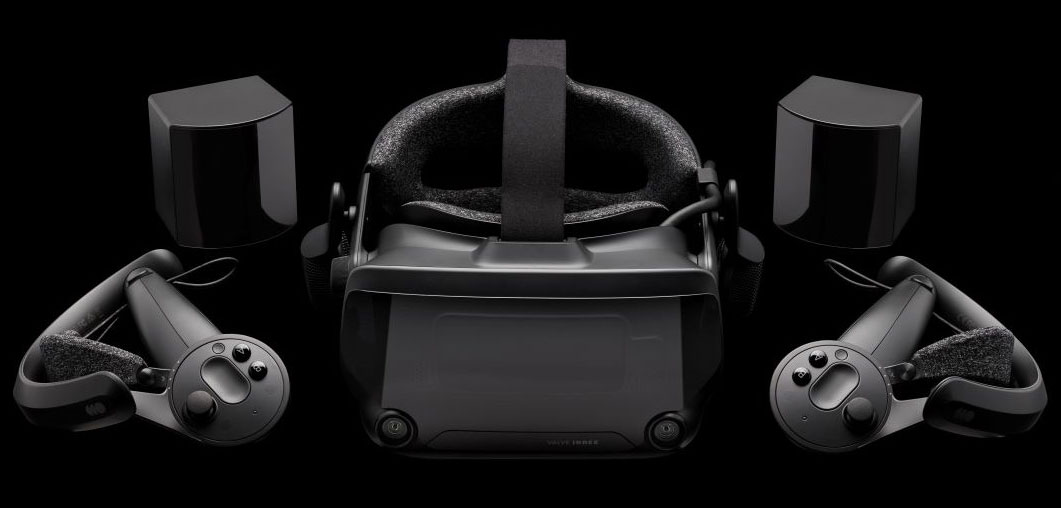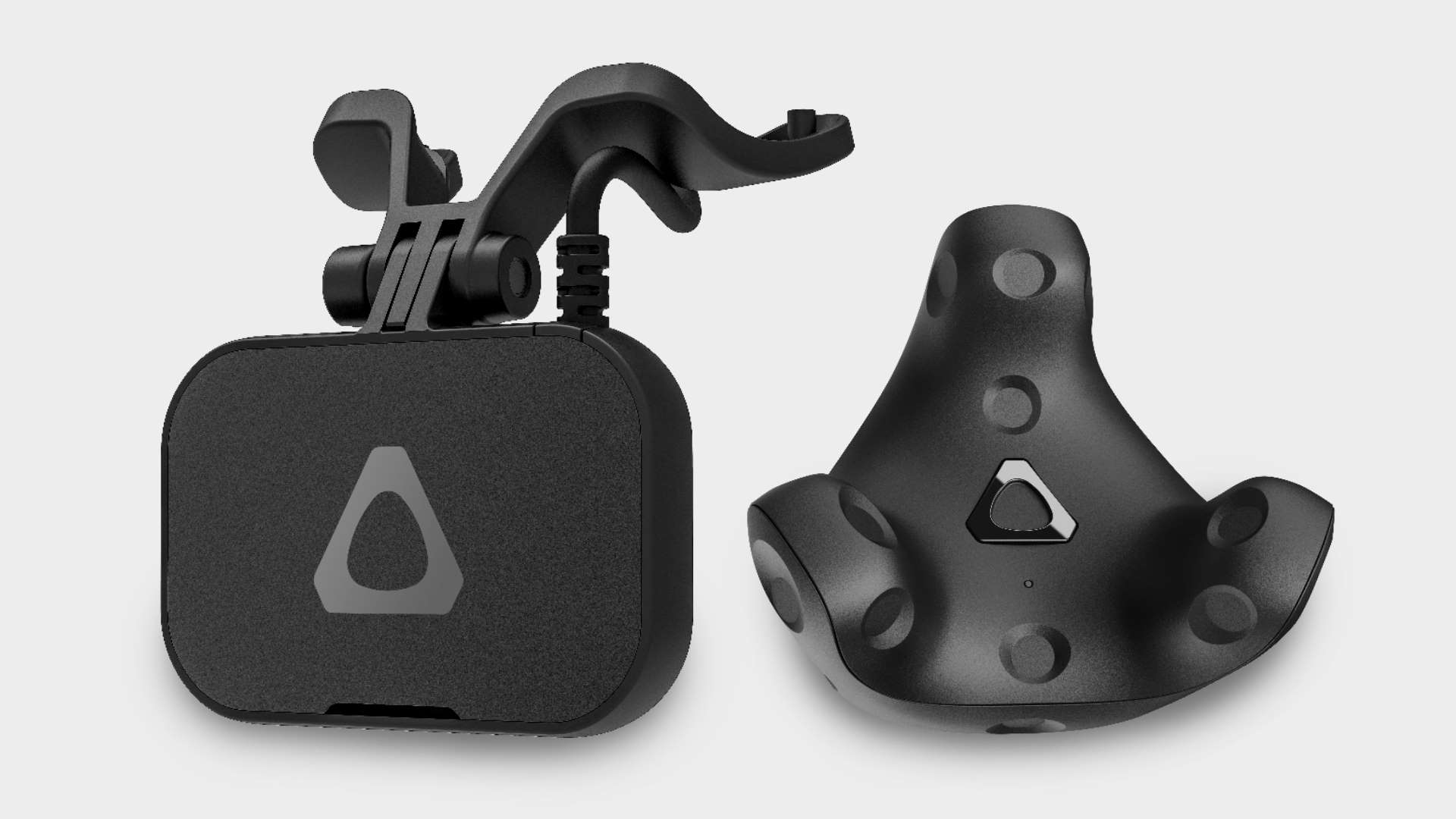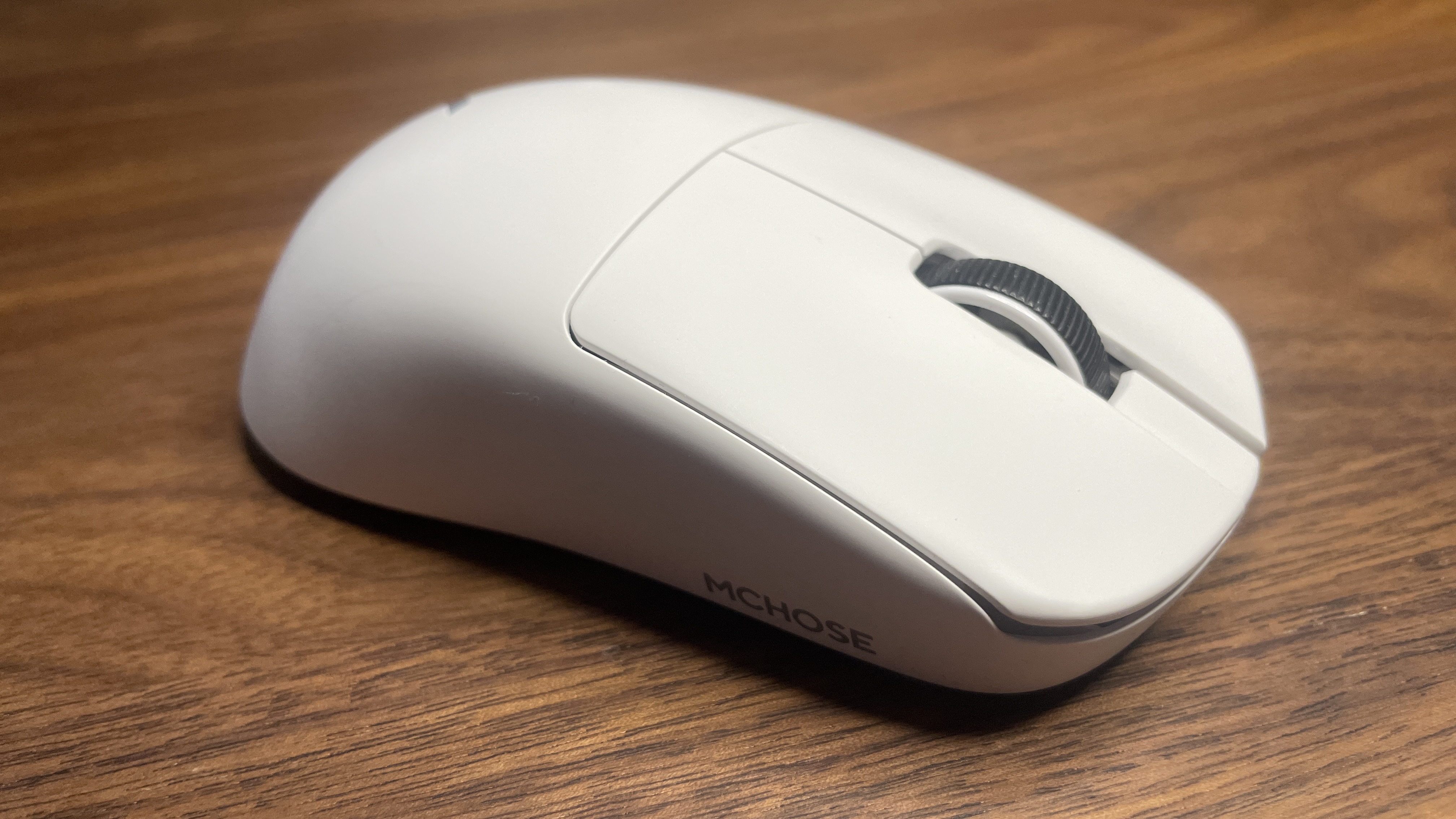VR just got a whole lot creepier with the HTC Vive Facial Tracker
Together with the Vive Tracker 3.0, it's time to explore the uncanny valley.

Keep up to date with the most important stories and the best deals, as picked by the PC Gamer team.
You are now subscribed
Your newsletter sign-up was successful
Want to add more newsletters?

Every Friday
GamesRadar+
Your weekly update on everything you could ever want to know about the games you already love, games we know you're going to love in the near future, and tales from the communities that surround them.

Every Thursday
GTA 6 O'clock
Our special GTA 6 newsletter, with breaking news, insider info, and rumor analysis from the award-winning GTA 6 O'clock experts.

Every Friday
Knowledge
From the creators of Edge: A weekly videogame industry newsletter with analysis from expert writers, guidance from professionals, and insight into what's on the horizon.

Every Thursday
The Setup
Hardware nerds unite, sign up to our free tech newsletter for a weekly digest of the hottest new tech, the latest gadgets on the test bench, and much more.

Every Wednesday
Switch 2 Spotlight
Sign up to our new Switch 2 newsletter, where we bring you the latest talking points on Nintendo's new console each week, bring you up to date on the news, and recommend what games to play.

Every Saturday
The Watchlist
Subscribe for a weekly digest of the movie and TV news that matters, direct to your inbox. From first-look trailers, interviews, reviews and explainers, we've got you covered.

Once a month
SFX
Get sneak previews, exclusive competitions and details of special events each month!

Best VR headset: which kit should you choose?
Best graphics card: you need serious GPU power for VR
Best gaming laptop: don't get tied to your desktop in VR
Not only has HTC just announced its next generation of VR body trackers with the Vive Tracker 3.0, the company is also bringing out a new—and utterly terrifying—Facial Tracker, soon to be hitting the shelves.
A press release from the company notes the next gen body trackers will be "up to 75% increased battery life, 15% reduction in weight, and 33% smaller footprint." That all equates to more comfort and longer gaming time, which is welcome in any percentage. But perhaps the more intriguing of the two is the "near-zero latency" Facial Tracker, which is able to translate cheek, lip, jaw, teeth, tongue, and chin movements with creepy amounts of accuracy.
Prepare yourselves for some g-mod style body-horrors, people.



Okay, sure facial recognition would be pretty novel as part of a home setup, and kinda funny in VR chat, but where this'll really impact is with your standard game developer. Devs will have access to better tracking tools for animating character rigs in games. So while you're flouncing around giggling at your avatars' mimicry, no doubt this will be in use by many development teams, and should mean faster development cycles, too.
Both the Vive Tracker 3.0 and Vive Facial Tracker come in at $130 (£129) each so, for the full face and body tracking experience, you're looking at a $260 investment. There are a whole bunch of games that now support body tracking, so you might even manage to get your money's worth.
I know my friends and I would manage to get a couple of hundred dollars worth of laughs out of it. As well as a fair amount of genuine terror.
Keep up to date with the most important stories and the best deals, as picked by the PC Gamer team.

Having been obsessed with game mechanics, computers and graphics for three decades, Katie took Game Art and Design up to Masters level at uni and has been writing about digital games, tabletop games and gaming technology for over five years since. She can be found facilitating board game design workshops and optimising everything in her path.

